Anne Lamott's Bird by Bird
Chapters 15, 16 & 17
Sometimes just showing up isn’t enough. You’ve set time aside for writing and instead of your story unfurling on the page (or screen) you suddenly have to unload the dishwasher, or take a nap, or pet the cat, or… In this episode, we’ll discuss author Anne Lamott’s struggle and solutions to this problem from her book Bird by Bird. First we’ll tackle the good voice, the inspiration that we keep ignoring, Lamott calls this the “Broccoli” then the bad voice “Station K-FKD” and finally that thing that will tear you apart: jealousy.
And, as a bonus, Kim talks about the highs and lows from her trip to Japan (keep reading for a very scary video of mountain leeches).
Curious about that intergalactic space cat on the cover of our episode? It’s called “Ship’s Cat,” designed by Kenji Yanobe.
Kim's Adventures in Japan (w/ Leeches!)
Dear Dedicated W2Wb fans!
You may be wondering why you haven’t seen a new episode in a couple of months. Well, Kim and her family went on an epic adventure to Japan! (We’ve also been working on our manuscripts, one of the main reasons we have a podcast on writing). If you haven’t listened to this episode yet, you’re in for a treat. She tells us all about Japan’s perfect rail system, the spotless public toilets with heated seats, cute little Bambi, and delectable sushi!
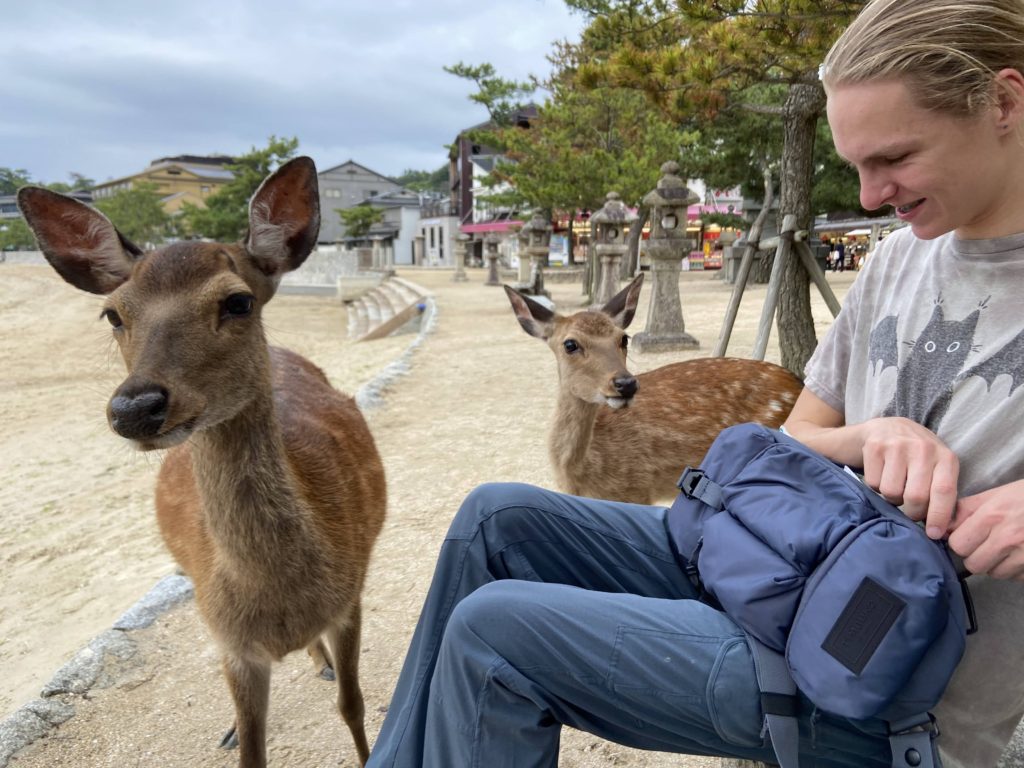
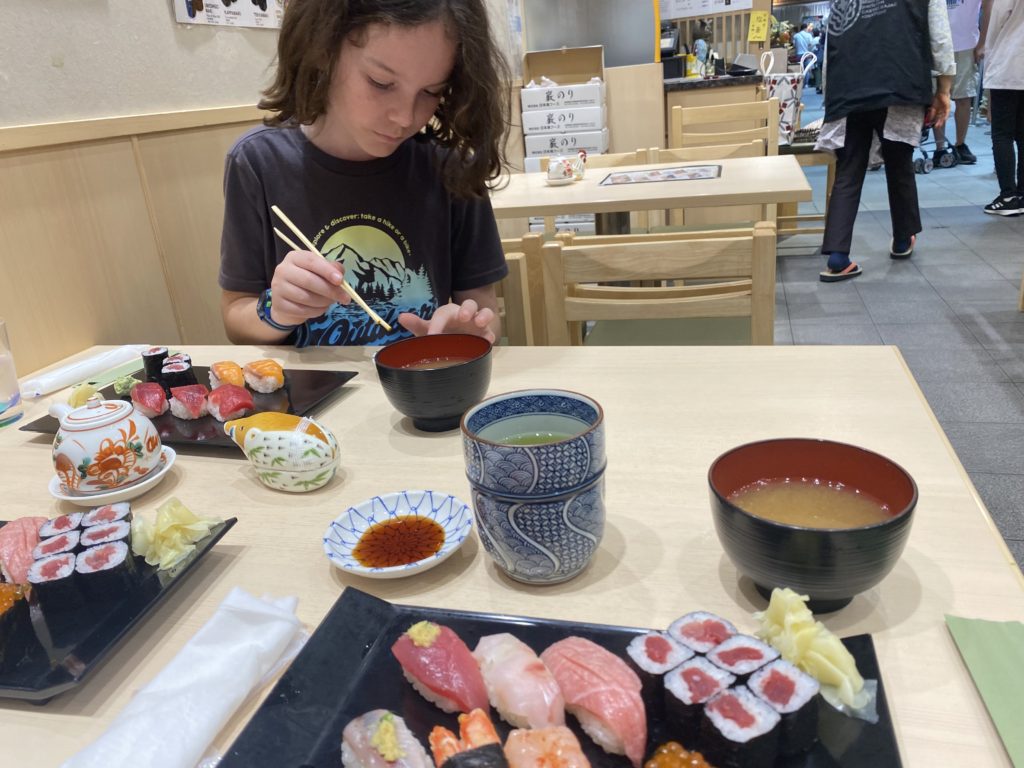

Both Disgusting & Fascinating Indeed!
BEHOLD! The Japanese Mountain Leech that was feasting on Kim’s husband’s ankle.
And Now Back to Our Regularly Scheduled Podcasting
In this episode, we cover three chapters, all mostly linked to one another. Like some of the recent chapters we’ve covered, the first two take the long route to Pointland. In other words, Lamott reaches her destination eventually at the end of the chapter, but takes the scenic coastal route along Interstate Mindfulness while eating some broccoli and listening to the radio. In her classes, Renee calls this meandering delay the point prose “fluff” or Ambrosia, a bygone recipe from the days of desiccated bits of food suspended in unidentifiable white fluff. (Seriously, kids, don’t try this at home).
Broccolli
Broccoli is just another word for intuition, folks. So when Lamott quotes an old Mel Brooks comedy routine: “Listen to your broccoli, and your broccoli will tell you how to eat it,” what she’s really saying is to “Listen to your intuition and your intuition will tell you what to write.”
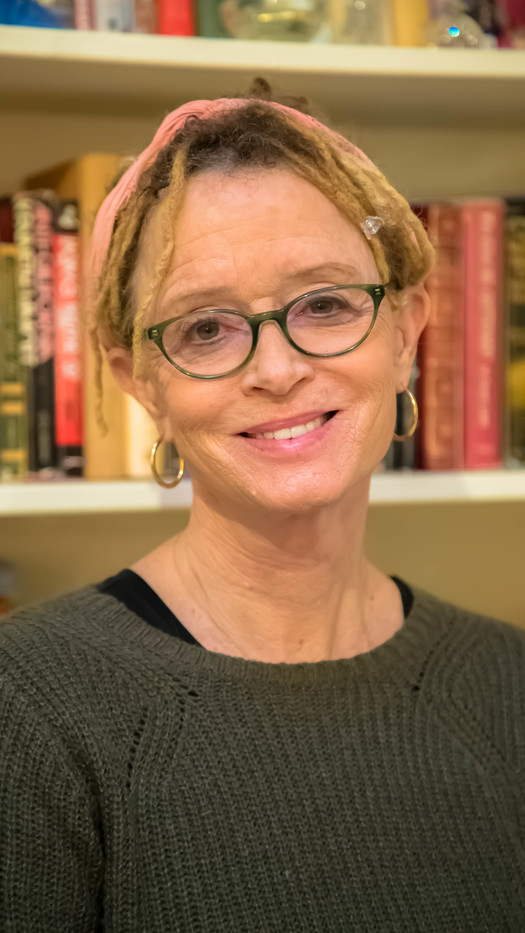
Lamott says we’ve been trained since childhood to distrust our intuition. We were taught to rely on the rational mind. So when we decided to become writers, the rational mind hogties our intuition and ditches in the basement.

Radio Station KFKD...teeheehee
This chapter is all about negative self talk, hang ups, self loathing–tortured artist stuff. You know what it’s like. We’ve all been there. You suck. No one likes you. Stop writing. Go play man candy Geralt in Witcher 3 for the fifth time…oh, wait, maybe that’s just Renee. Anyway, what’s important is that you’ve been tuning into to Station KFKD for a long time (and if you claim you haven’t then you’re a damned liar from Liarland and we don’t like you).
In the podcast, we discuss the ways we’ve tried to turn down this constant chatter–both immoralizing and immobilizing–so we can get to the work of writing. As promised, we also dig through the sour cream and coconut in the Ambrosia Lamott brought to the writing advice potluck to bring you the edible bits, namely, advice about meditation and some grapes.
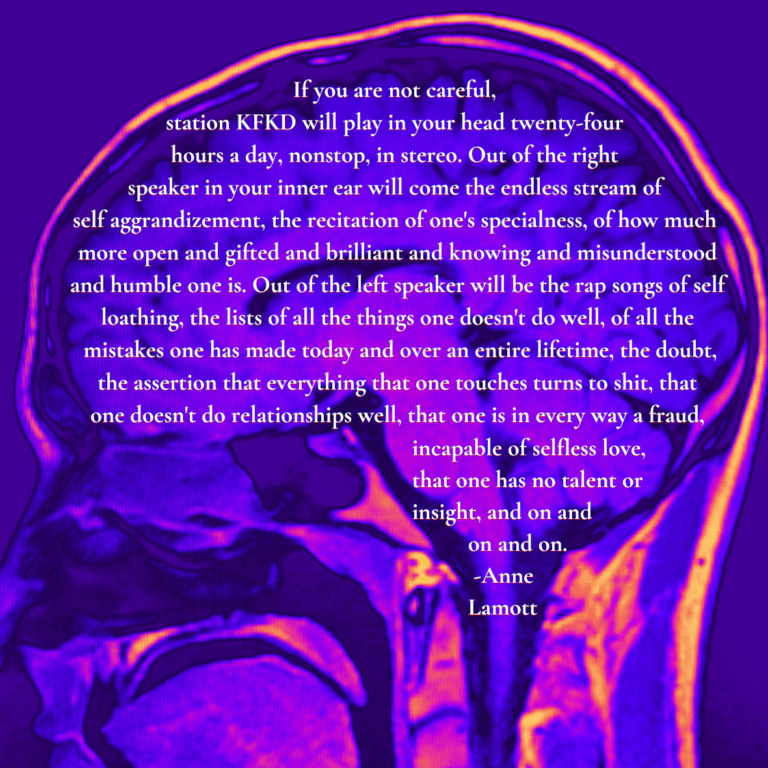
Lamott both really enjoys her meditation practice and also disguises it as a solution to quiet the chatter which keeps us from our work: “notice that the station is on;” “breathing calmly” in order to “align ourselves with the river of the story, the river of the unconscious, of memory and sensibility, of our characters’ lives.”
For practicality’s sake, we discuss the Healthy Minds app Renee’s been using (which Kim suggested) to turn down Station KFKD, which honestly plays non-stop in Renee’s brain if she’s being honest.
Jealousy: Every Writers' Occupational Hazard
“Jealousy is one of the occupational hazards of being a writer, and the most degrading.”
If you’ve listened to the podcast, you may think we’ve missed a golden opportunity to segue into this chapter with a sound clip from some 90’s crooners like Gin Blossoms or Natalie Merchant. But don’t forget, Dear Reader, we really are just two ladies in a closet with some sound equipment–99 Problems and Copyright fees ain’t one. You can, however, tip us if you like what we’re doing.
And if you’ve listened to the podcast, you’d also know we both really enjoyed this chapter on jealousy. Lamott definitely brings her self-deprecating A Game, going deep into exactly what it’s like to tackle those shameful and degrading feelings when it’s your friend’s turn to get a book deal.
Get Old
If you’re in your 20’s, Dear Reader, you’ve only accrued so much experience in the ‘getting burned’ department. You probably don’t yet have the mythical years of jealousy experience required for this entry level position to not give a f*ck. But, Lamott says, the years will accumulate (oh golly will they!) and along with the development of your 1000 yard stare for BS by the time you’re 40ish. Aka, when you get old, you to take sh*t less seriously.
Train Your Brain
So if you’re in you’re 20’s and that advice up above just doesn’t cut it, Lamott says practical methods do exist to break jealousy’s spell. No, you don’t hire a witch to cast a hex on your adversary. You can, however, meditate so you don’t get swept up in the story of it and the green eyed fever breaks (or download a mindfulness app cuz we’re not in the 90s anymore).
Use it As Material
You know exactly how you feel, so why not give those feelings and thoughts to a character, place them on a space ship or time machine or whatever and indulge. There’s nothing wrong with absorbing the aspects of bad actors, and we all know that dude whose just begging to be put in your novel.
Coffee? Check. Pad of paper? Check. Pen? Check. Idea for your following chapter? Check. Energy and drive to finish this draft? Check. Inner Critic telling you you’ll never be any good? CHECK! If you’re anything like us, early in your journey as a writer writing was actually fun. But that was before times: before you were knee deep in your second draft; before you took all those creative writing classes and learned what not to do; before you bought all those writing advice books that seem to contradict each other; before you knew too much. So for this installment of Continuing the Conversation, join us in a thought experiment, Dear Writer. Think back to the last time you felt free from these critical shackles, when you wrote whatever came to mind and it was all good, all satisfying, all play. This process of creative time travel is called Beginner’s Mind or the Buddhist practice of Shoshin and may help you turn off that loud mouth, good for nothing, internal editor (until you need it, that is).
Renee's Beginner's Mind Practice
During the podcast, you heard me (Renee) talk about my pursuit of Beginner’s Mind and how I found that practicing a different form of creative expression–sketching–other than writing has helped me tap back into the feelings of what it was like to feel delight in the creative process. I used to tell people “I could barely draw a stick figure.” Growing up with the intimidating talent of my mother, who could draw, paint, sculpt, etc, perhaps I decided at a young age that it would be best not to try. Regardless, if I had any artistic talent at all, it wasn’t nurtured. So, recently, I decided to see if “the artists gene” really did skip my mother’s children. Here are two months of effort, starting with a book that Mark Kistler promised me I Can Draw in 30 Days and moving on to the Idiot’s Guide to Drawing. Below are most of the things I’ve drawn in the span of about 2 months. I’ve put them in order so you can see my progression.
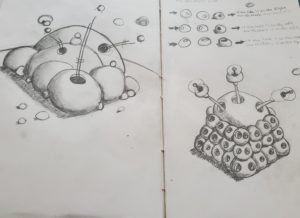
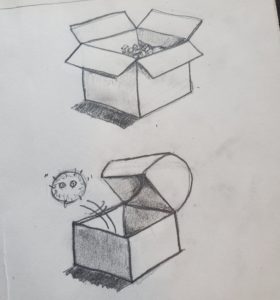
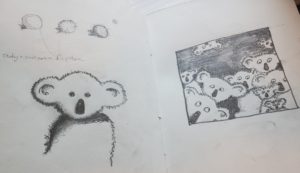
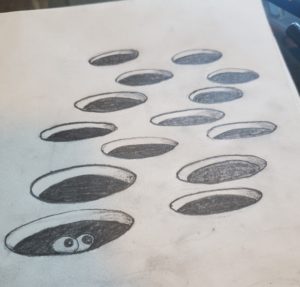
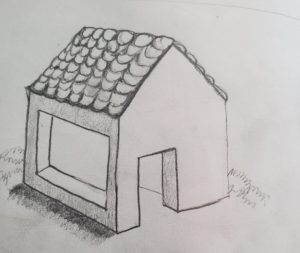

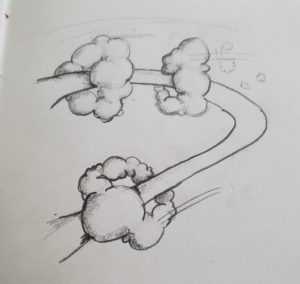
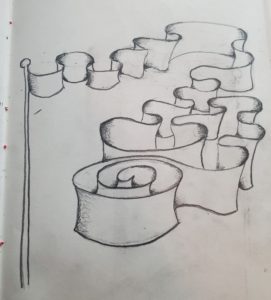
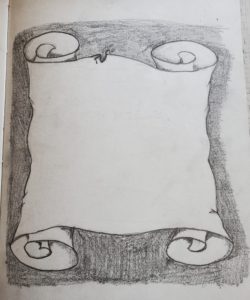


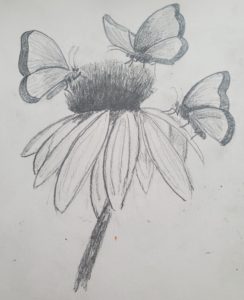
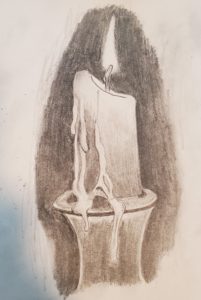

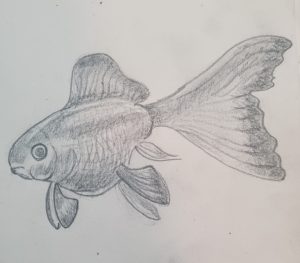
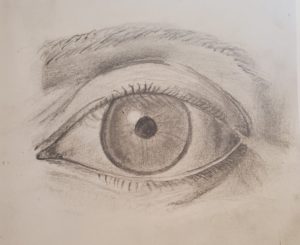
Part of the reason I delight so much in sketching is because I don’t have any professional stake in the venture. I am doing it just for fun, to see if I really can draw “more than barely a stick figure.” The process of drawing each one has been an experience in the delight of Beginner’s Mind. When I go to write, I channel that feeling–much easier now since I had just felt it that morning–which helps me come back to the page with more vigor, fresher perspective, and a healthier mindset.
"In order to have or make any breakthrough—personal or professional—we have to put ourselves out on a limb. And it won’t always work, and that’s OK."
Maggie Smith is an award winning poet, essayist, and memoirist. Her books have been awarded the National Endowment for the Arts, the Ohio Arts Council Individual Excellence Award, and the 2016 Independent Publisher Award. Her full length poetry books, The Well Speaks of Its Own Poison won the Dorset Prize in 2012 and Lamp of the Body won the Benjamin Saltman Poetry Award. Her memoir, You Could Make This Place Beautiful, was just released through Simon & Schuster. In Smith’s interview on McKinsey Global Publishing’s Author Talks Series, she talks about utilizing the process of accessing the beginner’s mind: “Part of it is finding things that bring us joy and making room to do those things in our daily lives, whether it’s reading, or meditation, or running, or dancing. Whatever the thing is that makes you feel alive, I think we need to carve out space for that. Because it will help us get to that mindset.”
By adopting Beginner’s Mind in our creative practice, we become more adaptable, open, and creative. Smith goes beyond applying this method to just writing, however, and part of this process is not fearing failure: “In the arts and in our professional lives and in our personal lives, newness, innovation only happens through experimentation and play. You can’t get to it without trying something and maybe falling flat on your face. You have to be willing to fail. And so I think part of what we need to do, as adults, is learn to be more like children in that we’re willing to try things and not worry so much about our ego, not worry about failing, and thinking that that’s going to reflect poorly upon us.”
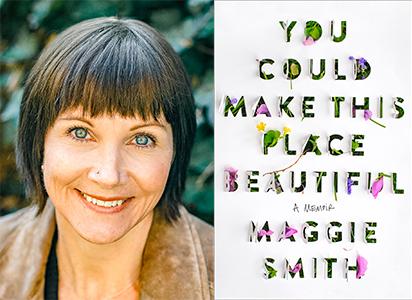
Ocean Vuong on Beginner's Mind
As a little added bonus, I’m including here a video of Ocean Vuong sharing his thoughts on writing. In this talk, he highlights how Beginner’s Mind is part of his cultural practice: “In my Zen Buddhist practice, one of the most privileged state of minds is not the expert, it’s not the master, it’s what’s called the beginner’s mind. The beginner’s mind is a mind that approaches the natural world, and the phenomena within it, with utmost curiosity. And I think one of the most perennial powers of an artistic mind is awe and wonder before the world.” You can watch the video below. Renee highly recommends his amazing book, On Earth We’re Briefly Gorgeous. Enjoy.
One Last Thing
Ok ok, one last thing to share. I first learned about the phrase Beginner’s Mind not from a book, or studying mindfulness, or word of mouth. I heard it in a song from Bright Eyes, one of my favorite artists of all time. And, in a weird twist of fate, while studying this topic, I learned that the Tarot Card, The Fool, is associated with the Beginner’s Mind. The Fool was my mom’s favorite card (she was a very talented artist). She had boxes and magnets and depictions of this symbol everywhere.
This one’s for you, Mom.
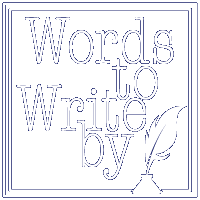

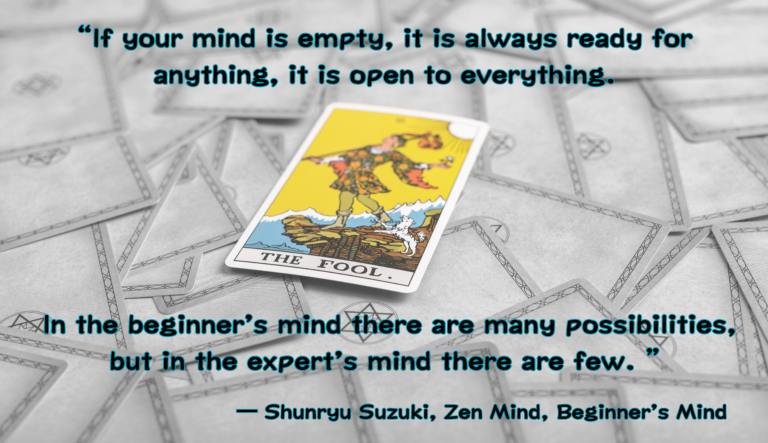
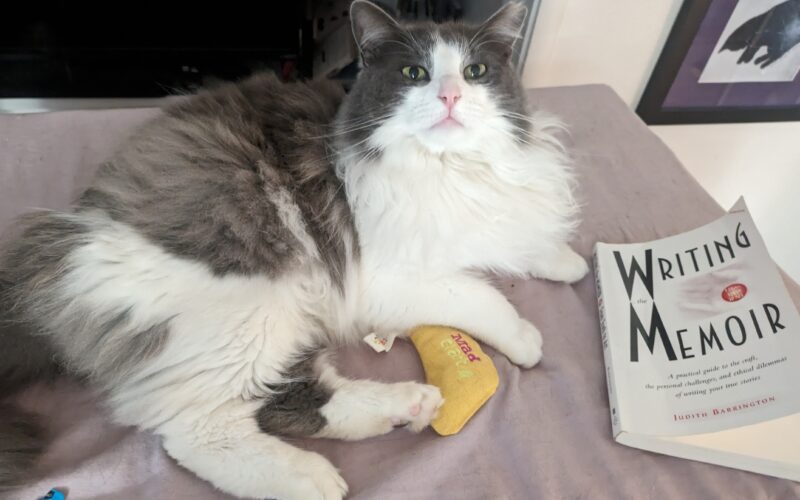
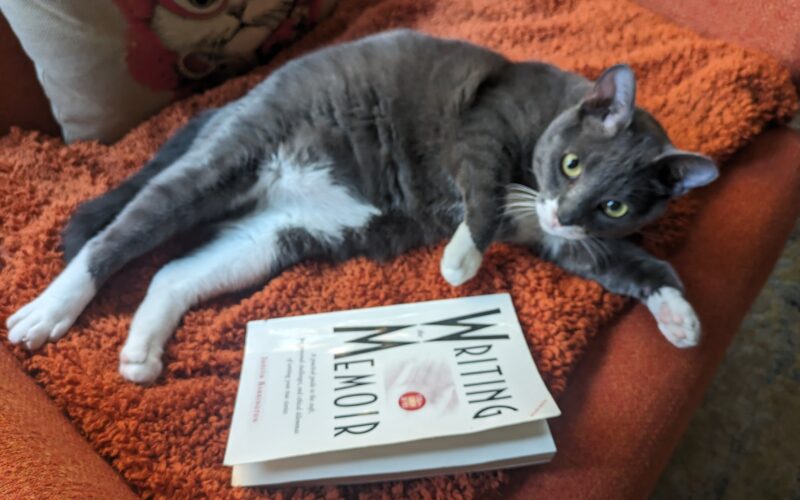
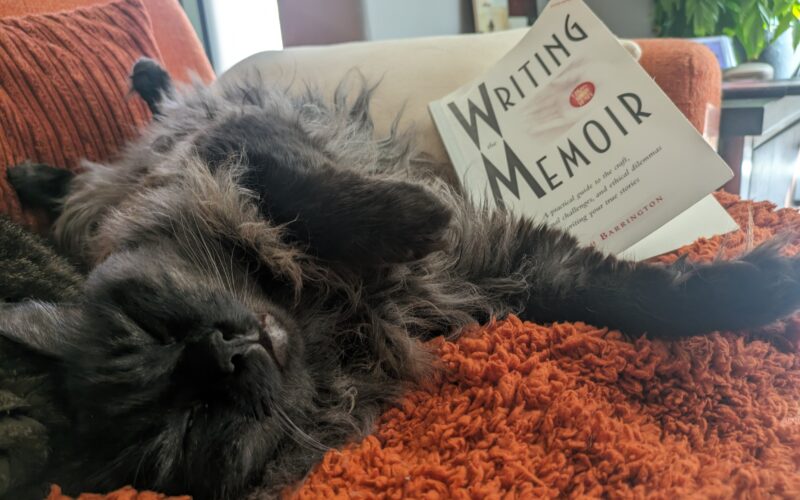
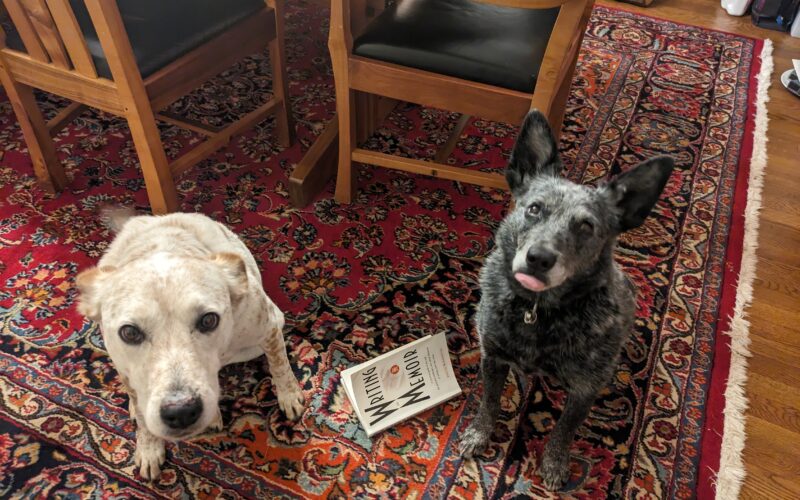
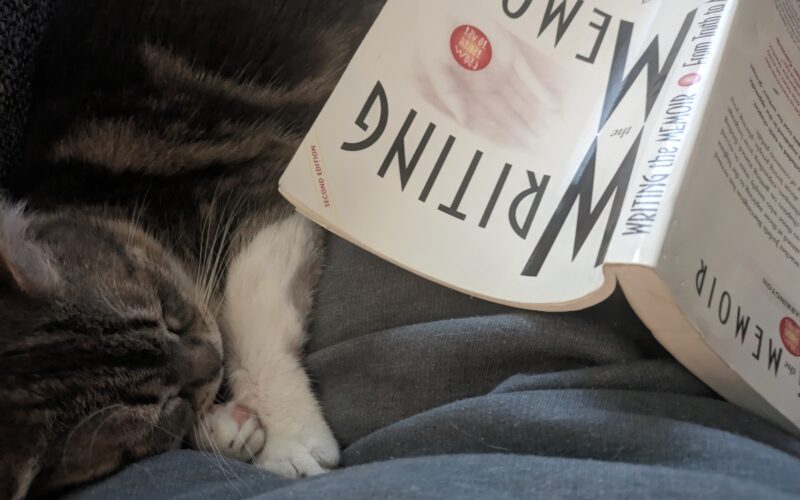
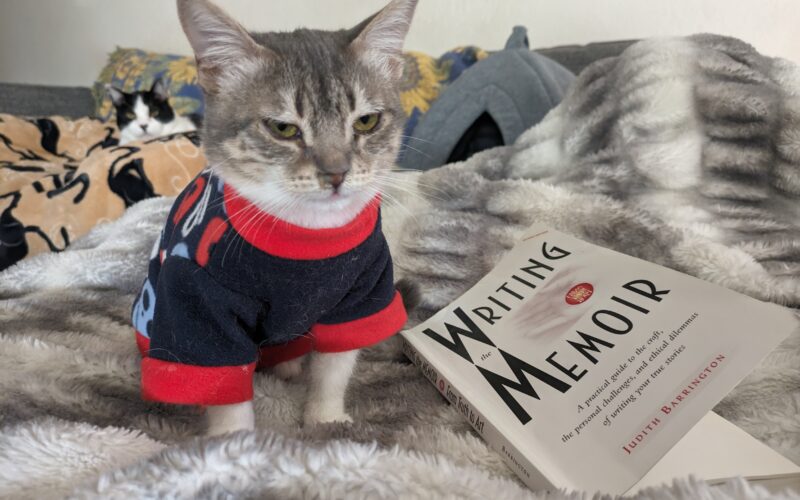
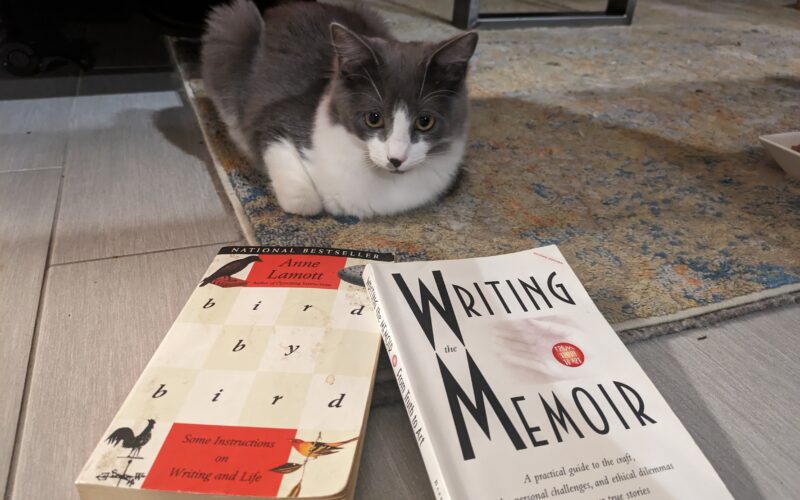
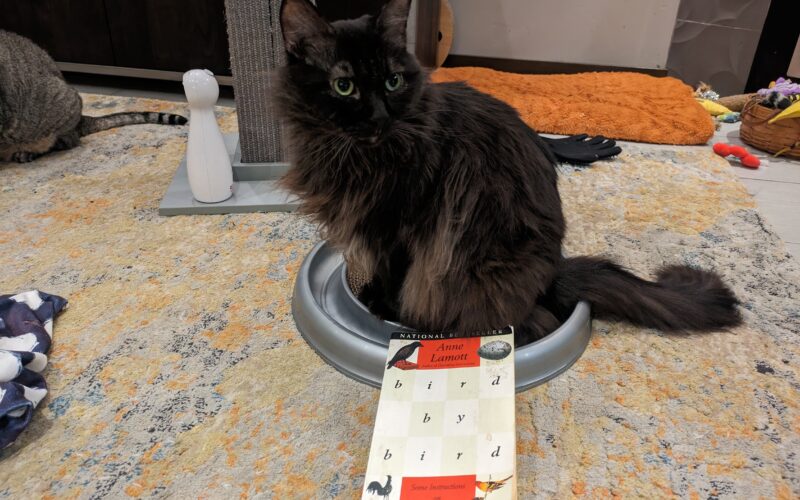
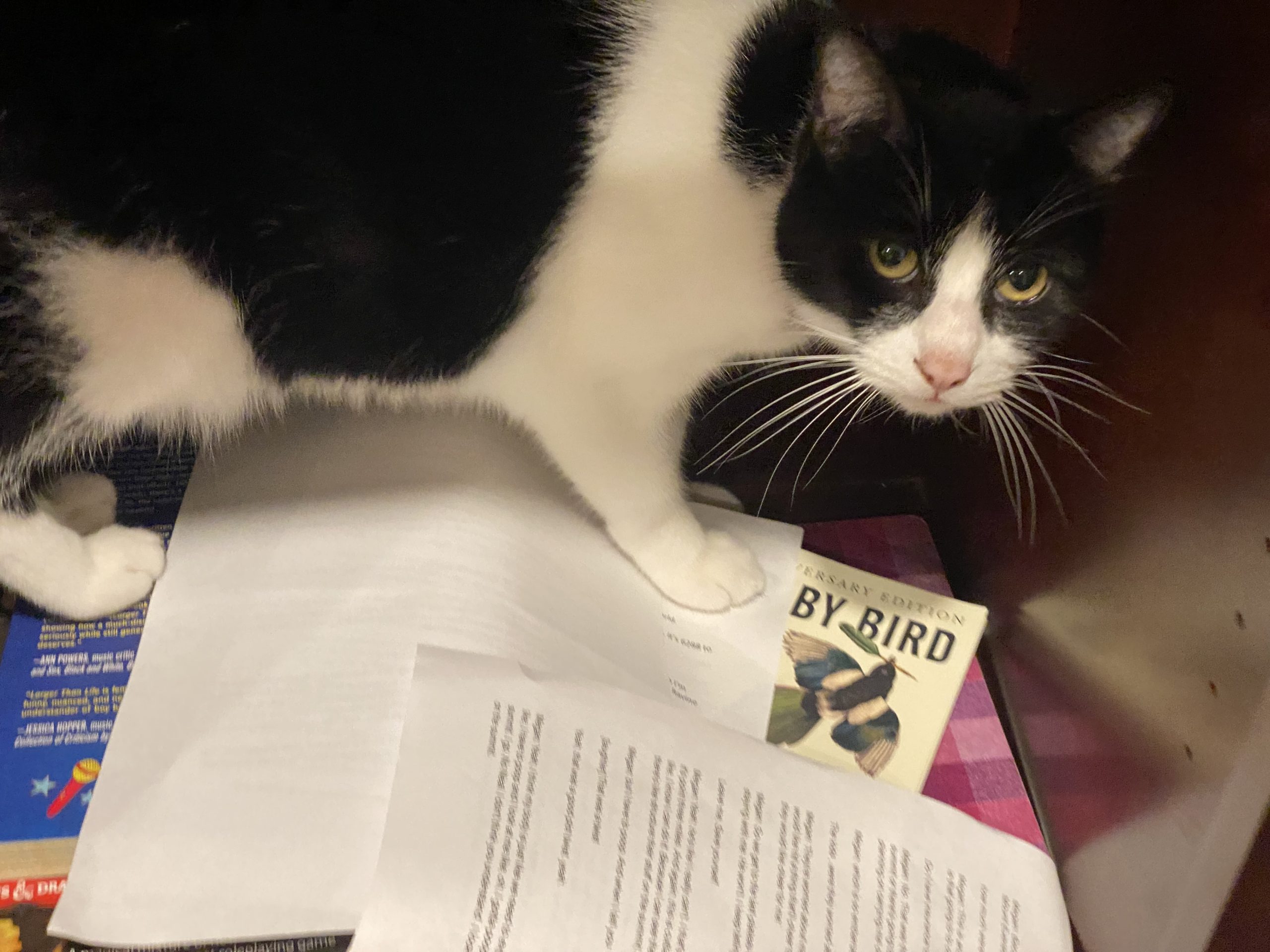
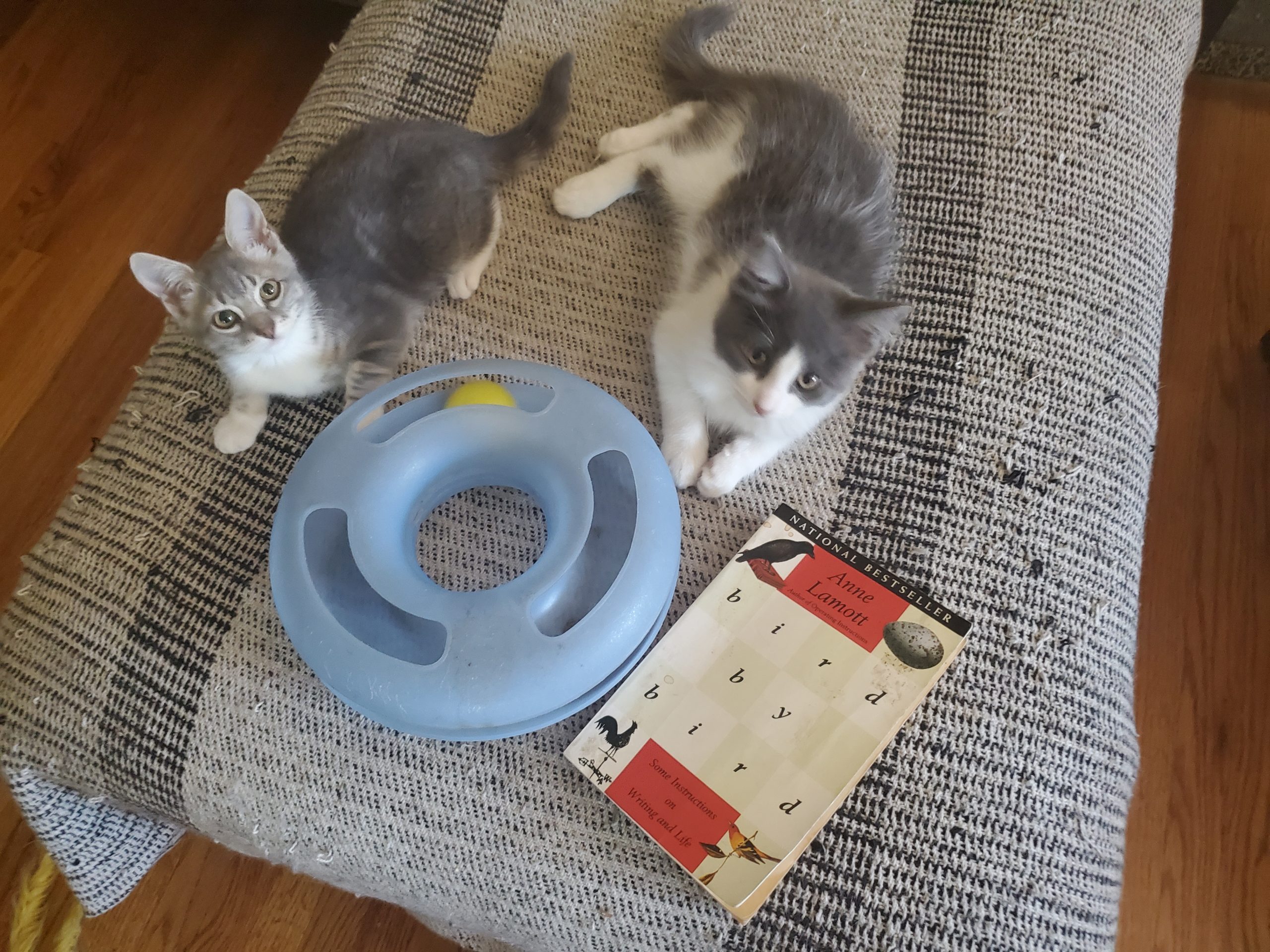
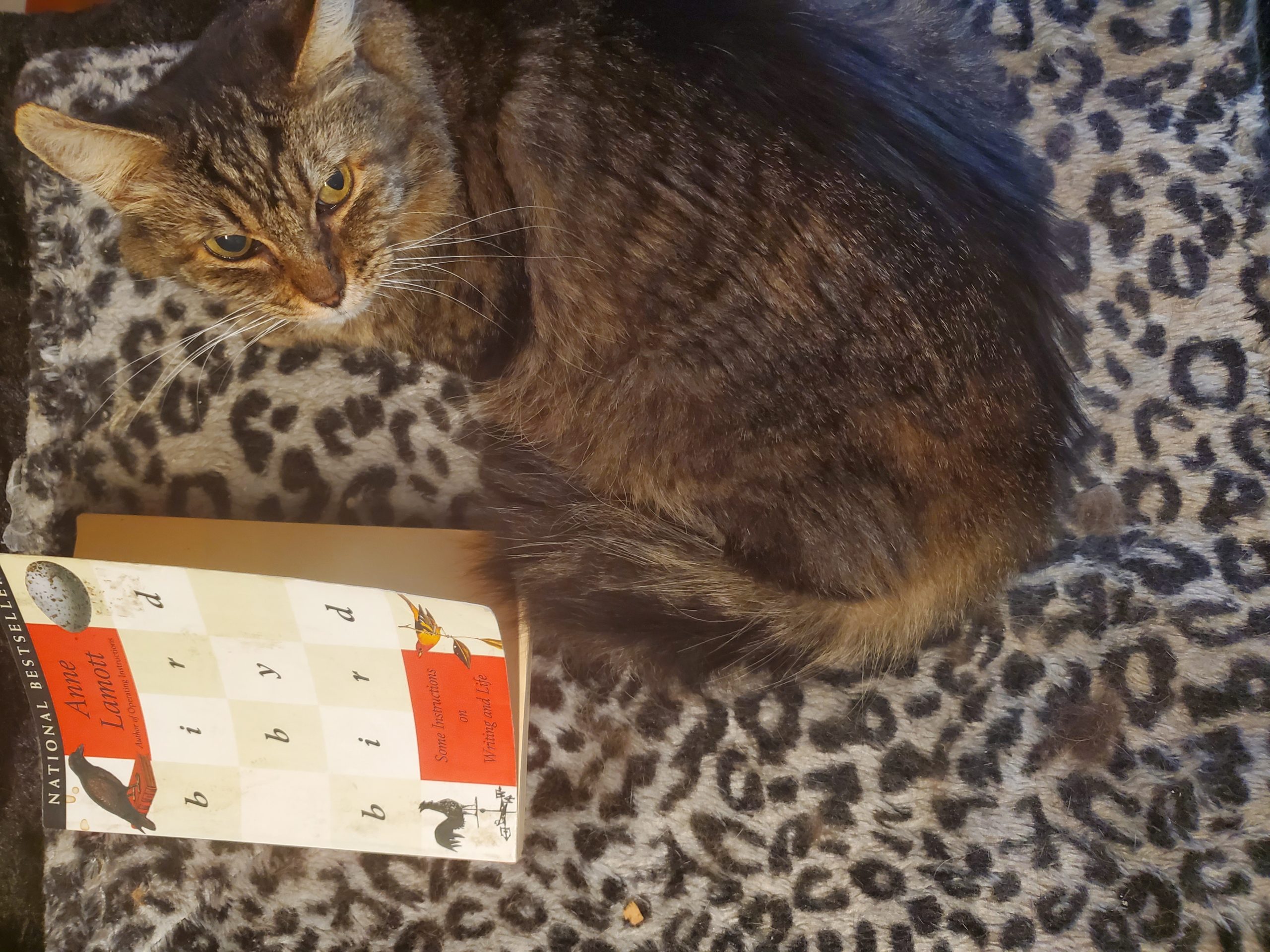
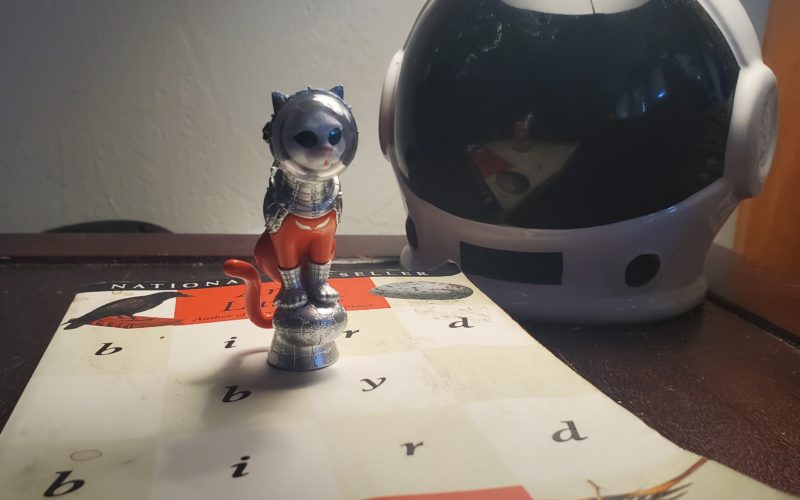
The Secret to Getting Your Short Stories Publish
Okay, maybe that's a bit of hyperbole, but not by much. In this stand alone episode we talk with Erik Klass, the entrepreneurial editor behind the submission service Submitit...